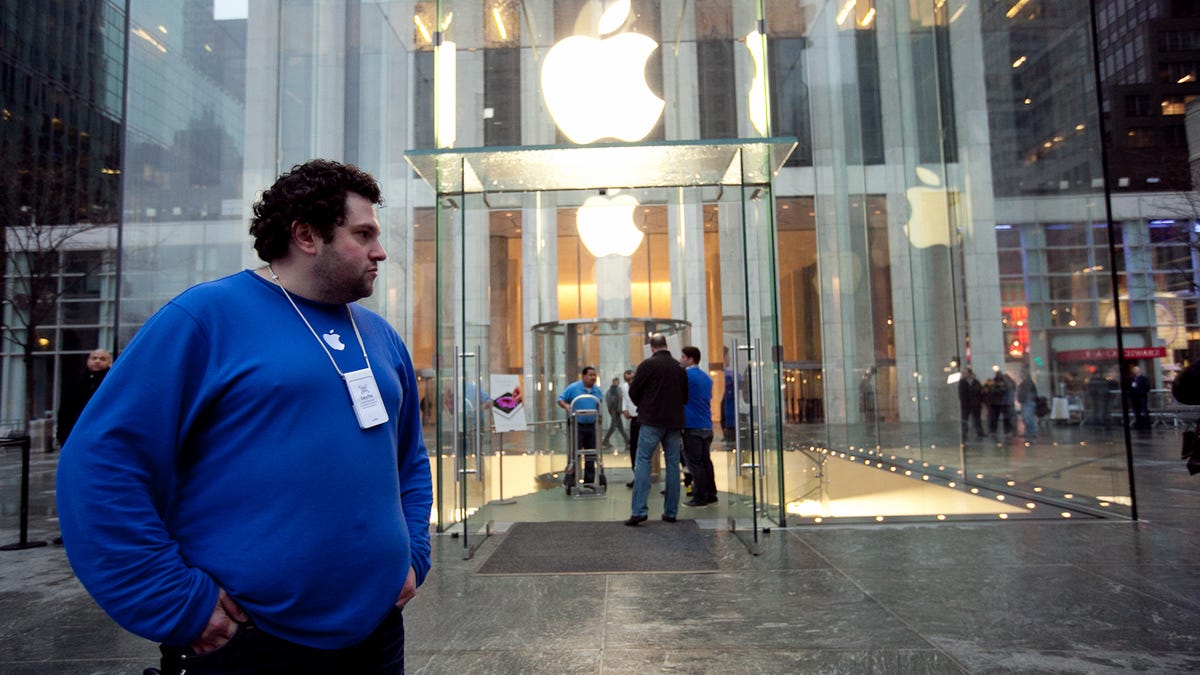Why technology companies loathe dividends
Investors love dividends, but technology companies typically shun them as uncool. Even Apple, though, couldn't resist the pressure forever.

Ask a technology company about the prospects for a dividend and publicly, you'll probably get a boring boilerplate answer about timing, the right use of cash, and its commitment to honoring fiduciary duties.
Inside, however, that company is probably snickering and dismissing the idea completely.
Why are technology companies--even major bellwethers sitting on a lot of cash--reluctant to pay a dividend? The short answer: it's uncool.
For most companies, paying a dividend is the ultimate admission that the growth phase (also known as the fun period) is over. Dividends are more associated with safe industries like utility companies, not tech pioneers trying to change the world. If talking about business models and profits is looked down upon in Silicon Valley circles, think about how stodgy dividends sound.
Of course, there comes a time when a technology companies, especially public ones, get too big and wealthy to ignore their shareholders. Apple is the latest technology company to be dragged kicking and screaming into paying a dividend. The company said today it plans a quarterly payout and buy back some of its stock later this year.
Apple, however, is in a unique position. The company is still seeing tremendous growth, with its per-share earnings doubling from a year ago and its revenue growth the envy of other technology giants. But with roughly a $100 billion in cash, the company couldn't responsibly sit on those assets without doling some of them back to shareholders.
The Financial Times, citing Moody's, said last week that Apple represented $64 billion, or 36 percent of the total $179 billion increase in corporate cash since 2009. The study noted that corporate cash would have actually decreased by $6 billion last year had it not been for a $46 billion increase by Apple.
It isn't alone. Microsoft, too, eventually had to relent to shareholder pressure and acknowledge that its businesses were no longer showing the growth they had seen in the past. So in 2003, it began issuing an annual dividend, and changed it to a quarterly dividend two years later. Since then, the excitement around the company and its reputation as a trend setter has muted significantly, despite the big initiatives it has planned. (Cause and effect? You decide.)
Often times, technology companies will resist paying a dividend, insisting they are still seeing healthy growth long after that growth has subsided. Cisco Systems is one such company. CEO John Chambers had long promised a dividend, but said the networking company was still expanding into new areas. After pulling back on areas such as its consumer business and cutting jobs, it ultimately conceded that its long-term growth wasn't as robust as it once thought, and issued a dividend last year.
Still, some companies have resisted the call for a dividend. Oracle, for instance, has never paid a dividend. Google, despite its own large cash pile, has no plans for a dividend.
There are practical reasons that technology companies to keep a large cash hoard on hand. One way companies keep the growth engine running is through the acquisition of new technology, talent, or customers. Likewise, a warchest of cash is handy if the company hits a rough patch, or if it needs to make a dramatic shift to suit changing technology or customer trends.
CFO Peter Oppenheimer said he expects the dividend to open Apple up to a new class of investors. These investors, who regularly look for safer investments that have regular payouts, have a different set of priorities than past Apple shareholders. These investors are looking for a steady dividend payout, as well as regular increases, something Apple will have to accommodate. That kind of financial commitment is the kind of hassle few technology companies want to deal with.
Still, a dividend will certainly benefit Apple, its employees, and shareholders. It'll also appeal to a new category of investors looking for "safer" investments with a regular payout. Executives like CEO Tim Cook and CFO Peter Oppenheimer, meanwhile, will stand to see a handsome payout.

